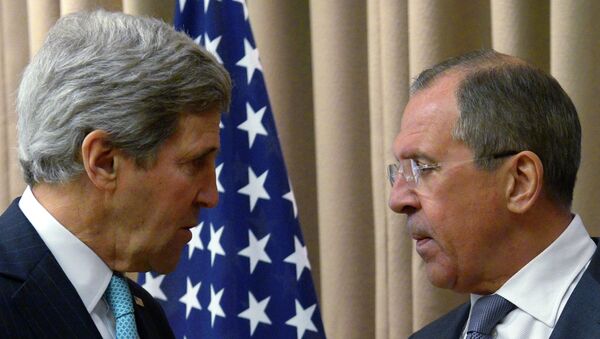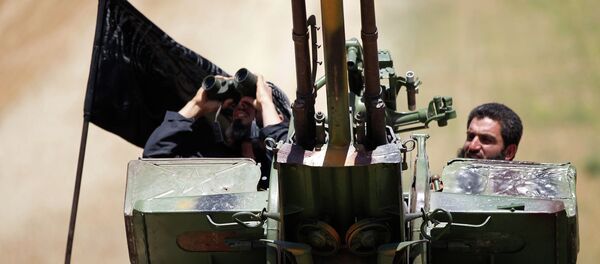"Each of us has our own specific vulnerabilities and a lot of it is there’s not complete trust," Matlock said Tuesday of the challenges of US-Russian counterterrorism cooperation. "My point is simply, that we do have a common interest and we should be finding more efficient ways to cooperate."
Matlock, who served as US ambassador from 1987 through 1991, asserted that there should be "an incentive for more cooperation" between the two countries to counter the growing terrorist threat.
"Let’s stop concentrating entirely on those [areas] where we disagree, and start trying to cooperate more efficiently on those where we do," he said.
In early June, Kremlin spokesman Dmitry Peskov announced his regret that the United States and Russia have been unable to coordinate operations against terrorism in Syria.
Prior to 2014, the United States and Russia worked to counter terrorism through a presidential level working group. That group was suspended following western sanctions against Russia for its alleged involvement in the Ukraine crisis, accusations Moscow has denied.


